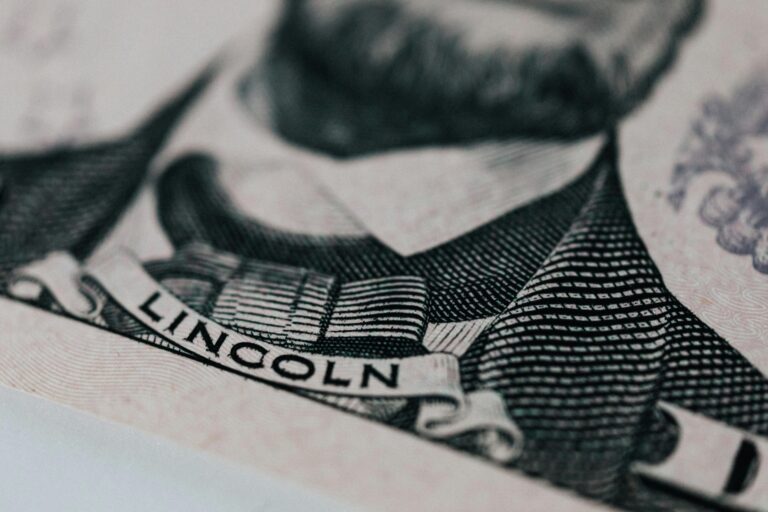If you’re a business owner who has some debt on your books and you’re considering selling, well, you might wonder what happens to your business’s debt. In most small to midsize business sales, the seller pays off long-term liabilities, such as real estate, vehicle, or equipment loans, at closing. This ensures the business’s assets transfer to the buyer “free and clear.”
Debt repayment typically comes from the sale proceeds, meaning your net payout will be reduced by the amount needed to clear outstanding loans. It’s important to factor this into your expectations when evaluating an offer.
Why do sellers pay off the debt? It comes down to how your business is valued. During the valuation process, loan interest payments are treated as “add-backs” to calculate the business’s true earnings. This approach aligns with comparable sales data and assumes the business will transfer without debt. If the buyer were to assume the loans, they’d likely just reduce their offer by the outstanding amount.
There are exceptions. In rare cases, buyers and sellers can negotiate debt transfers when there’s mutual benefit. For instance, if a seller recently financed equipment essential for business growth, a buyer might agree to take over the loan. In another case, both parties might share the cost of replacing aging equipment. However, such agreements are uncommon and require clear terms.
It’s also worth noting that some loans have anti-assignment clauses or restrictions on ownership changes, preventing debt transfers without lender approval. Understanding how debt impacts your sale helps set realistic expectations for your net proceeds.



